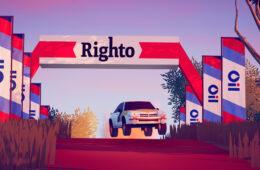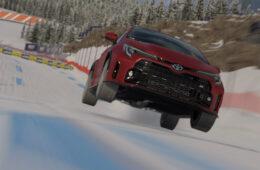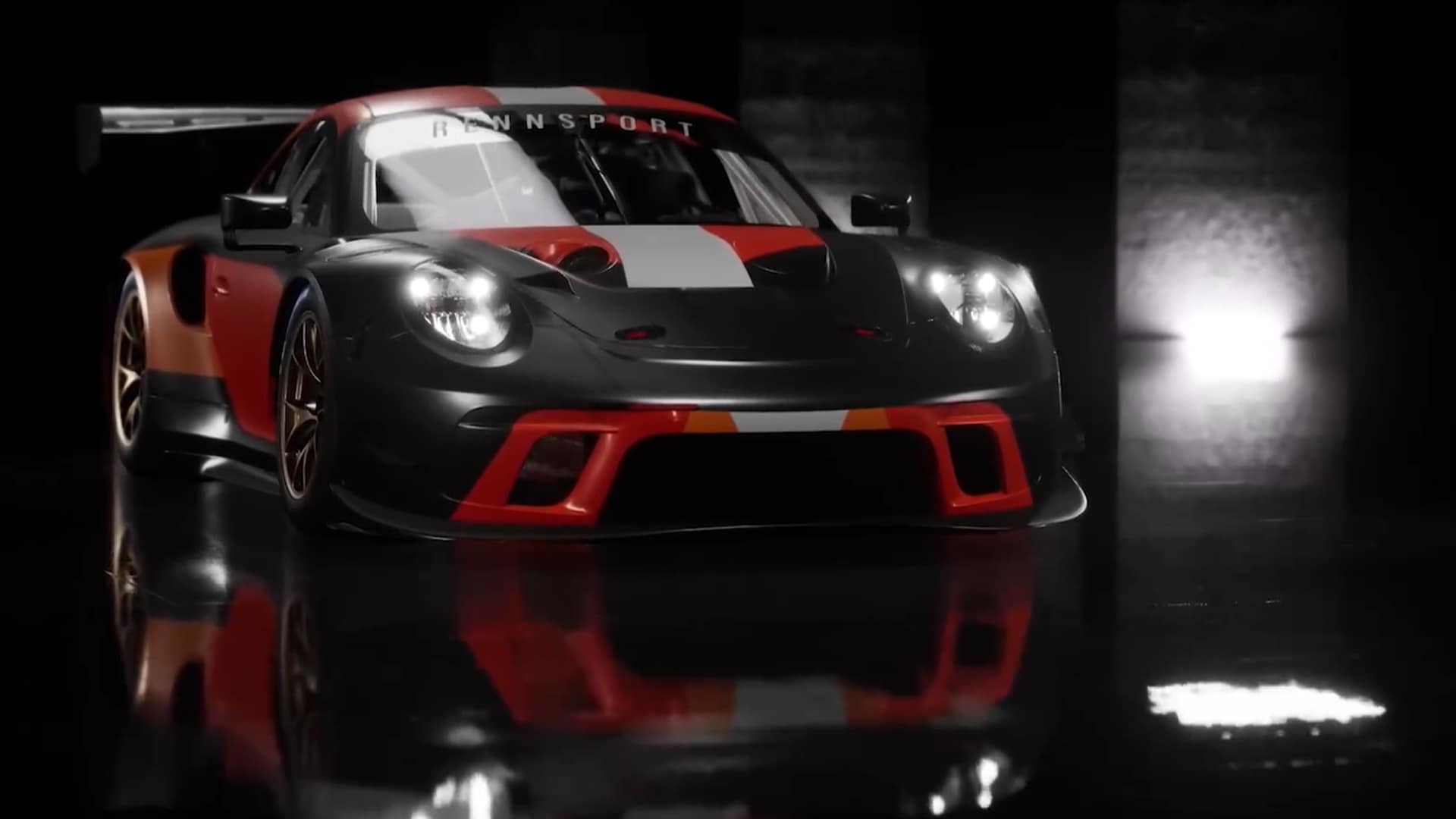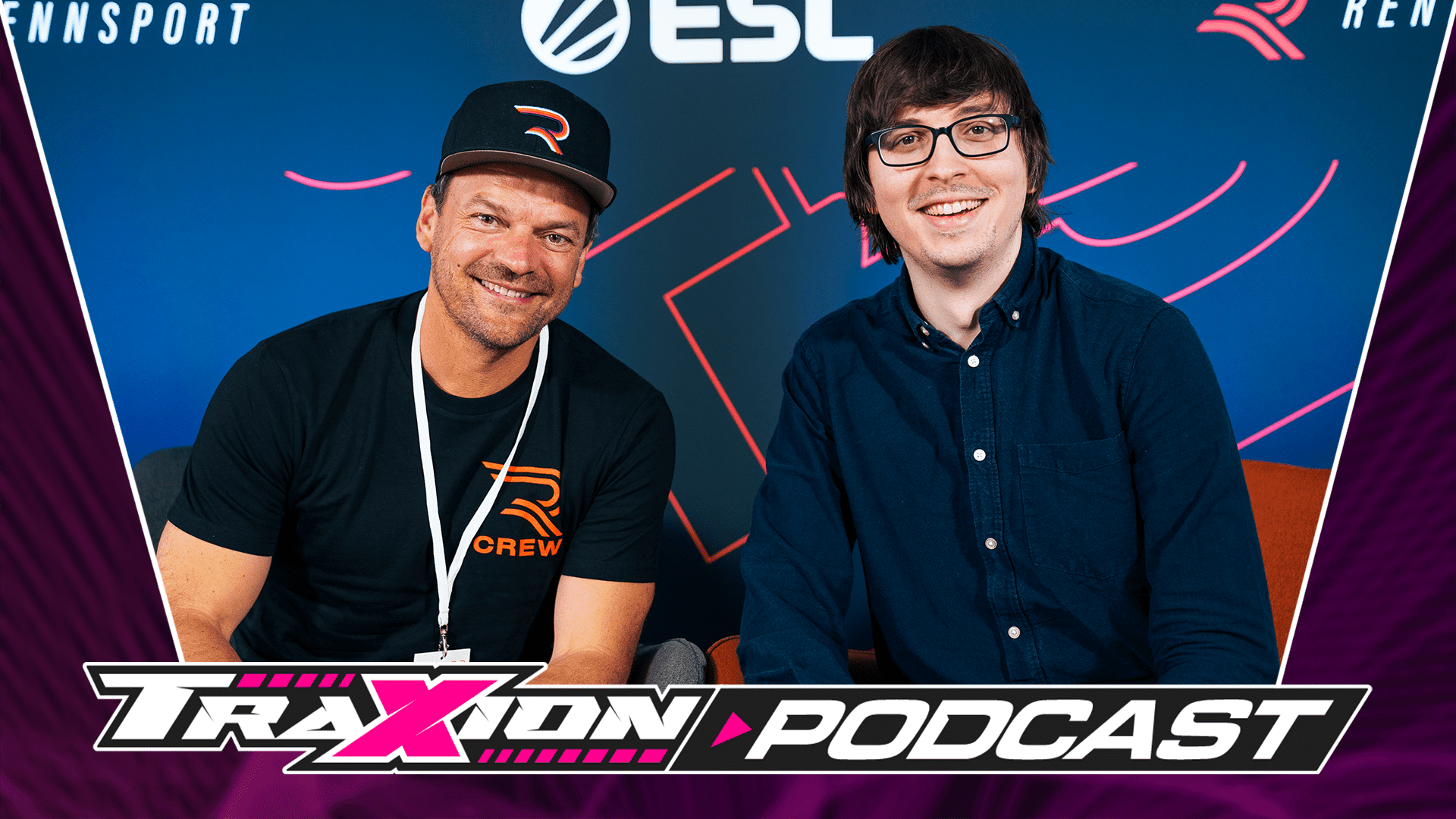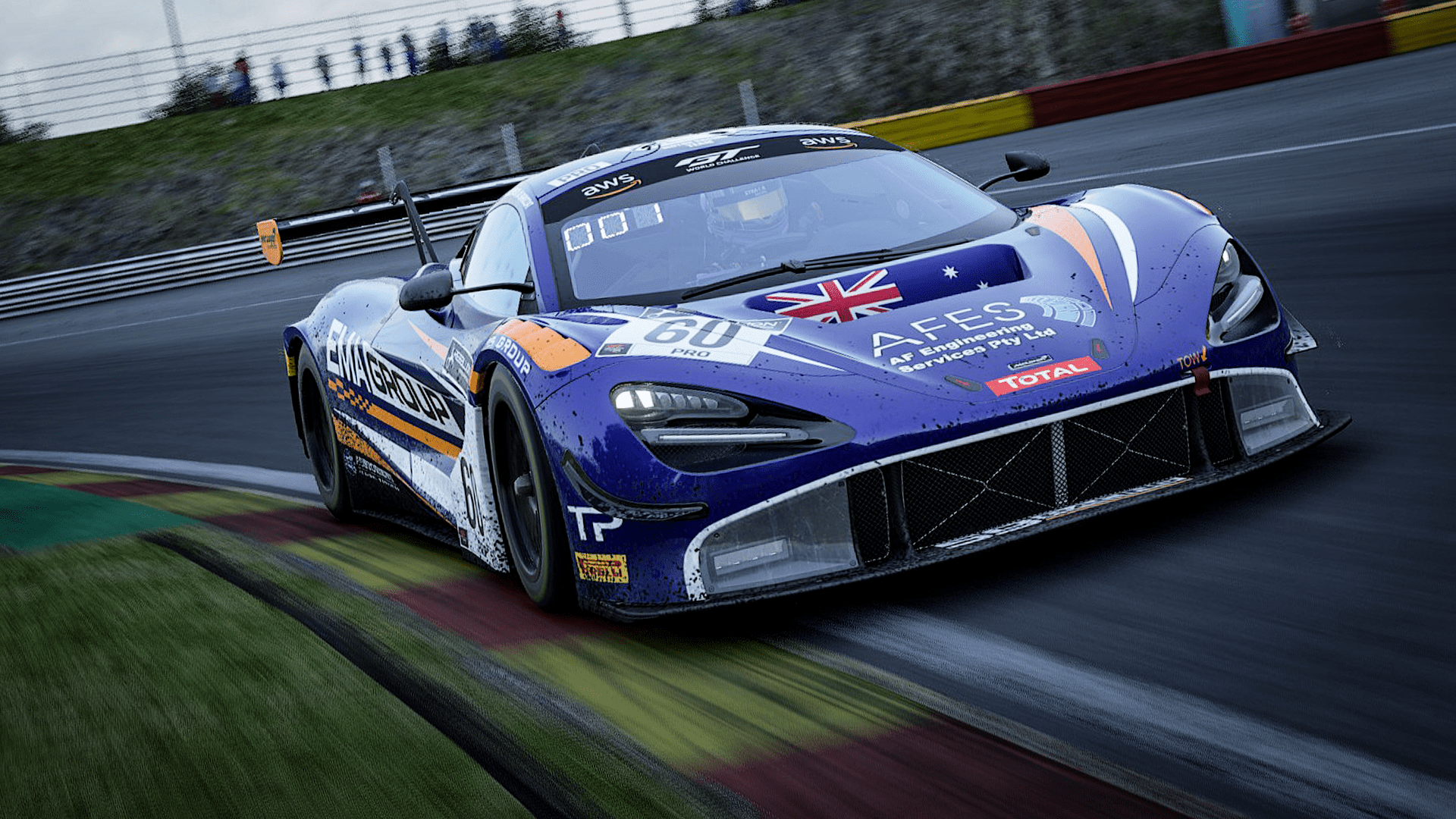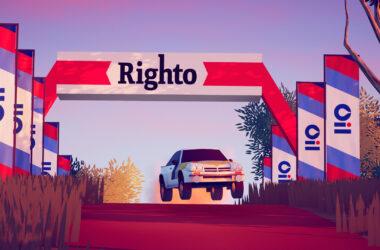Upcoming sim racing title Rennsport has caused a bit of a stir of late. It aims to not only deliver a realistic driving experience and a fresh take on racing esports but monetise – for the creators – mods.
That’s wild.
The current scenario, loosely speaking, is that a game publisher releases a game and then if it supports custom modifications, the community will then make new cars, tracks or skin packs, uploads them to RaceDepartment and we all have fun.
But, Rennsport and its Co-founder and CEO Morris Hebecker wants to change that practice a little. He wants the mods to be chargeable and, somehow, for the creator to receive revenue. They will also be legal.
There have been two big hang-ups with this theory so far, however.
First, the worry that the website hyperbole – “your assets will be owned by you. And you can trade them through the marketplace of your choice” – was alluding to non-fungible tokens. The second is how could someone sell a mod of a real-world car or track without a licence.
No blockchain, no tokens, no NFTs
“It’s not a f*****g NFT game, to be honest,” exclaimed Hebecker early on during the game’s three-day reveal event.
But simply stating it in a bold fashion doesn’t necessarily clear the whole subject matter up, especially when each car will have an eVIN and a digital logbook used to transfer ownership.
In our interview with the game’s visionary, we were able to dig a little deeper.
“We are really trying to figure out what is the best technology to make [true digital ownership] happen,” explained Hebecker.
When pushed further if there were plans for tokens and if the technology would be based upon blockchain, the answer was clear.
“No. Definitely not.”
Rennsport’s aims
Creating a platform, or a system, to help spread the word of the modding community is a hugely unique component of Rennsport. But why it will exist seemed a little unclear until now.
“If you have a strong modding community, the modders are doing such a great job. So they are creating content for a product and increasing the value of the overall system,” highlighted Hebecker.
“It is a dream of mine to provide [modders] with the opportunity to legalise their content. So we could help [them by] not having the content in a grey area of publishing. Really making it official content, and giving them the chance to monetise the content.”
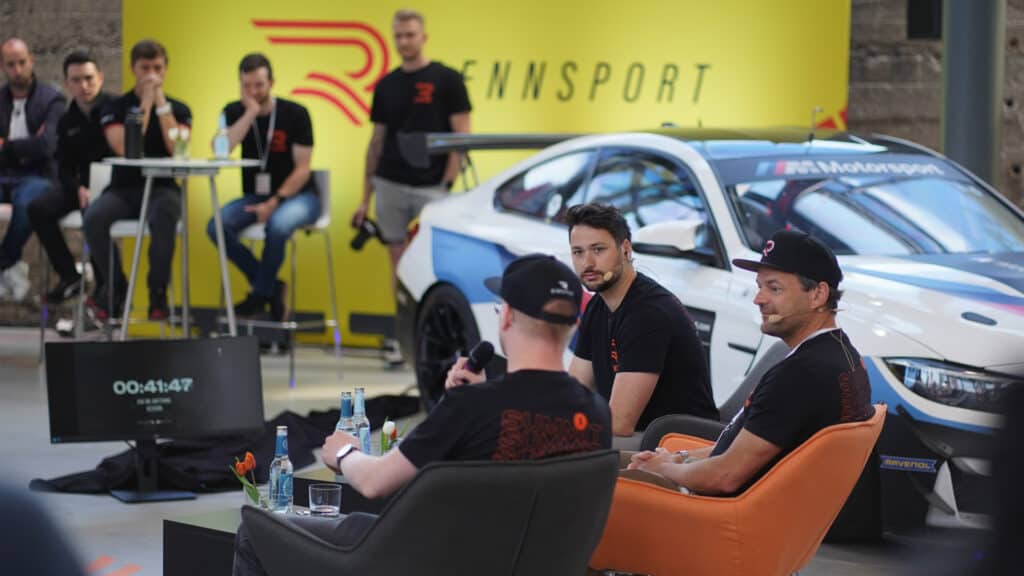
Where will the mods be available from?
“We are looking for the right technical solution to make it happen, that the content could be distributed as openly as possible, to other websites and to partners,” opines Hebecker.
So, it may not just be limited to within the Rennsport app or website, but there’s potential for some form of API to plug into other outlets – if development continues as planned.
“That’s really the idea we have in mind, creating a platform, a technical environment, which really allows connecting partners as easy as possible.”
How the mods will be legal and licenced
Most of us in the sim racing community know the score, or unwritten rules, with mods. Official content for cars, tracks and sponsors must be paid for, or have legal rights approved. These, generally, come at a great cost for video game developers.
Modders, on the other hand, are free of these constraints. Except, not really, as if someone high up at a circuit or car company were to know money was being made from its intellectual property without permission, that’s going to be more than a little bit awkward.
With Rennsport, selling modes and sharing revenue is an incredible idea in principle, but I think fewer people would buy something that was fictional than a real-world vehicle.
It turns out that’s why the team has been calling the car manufacturers they have on board as ‘partners’, because the association runs much deeper than data and licences for base game content.
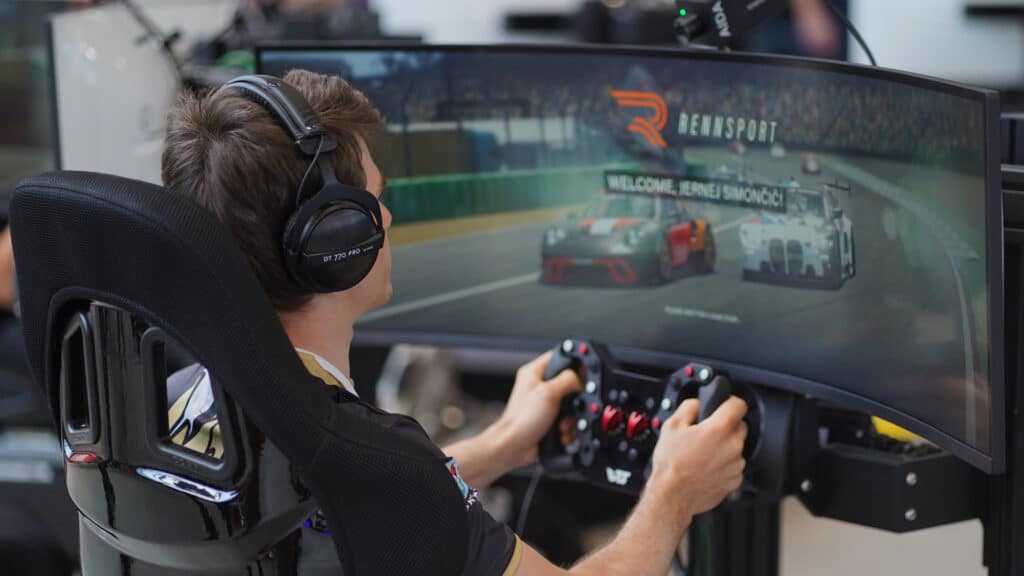
“The idea is to have our licenced partners so strongly involved, that we could be the part in between to make it an official thing,” explained the ebullient spearhead.
“There is a platform where you have this possibility for the licence. And then for me, it’s not that important if the internal studio creates the content, if it’s someone working freelance for us or if there is a strong community that creates the content.
“For me, that’s the future of publishing.
“If the quality is good, then we will find a way to bring it into the game as the official item.”
The penny has dropped
All of a sudden it started to make a lot of sense. In theory, when the Rennsport team sign licenced partners, the car companies are in agreement that the community can produce new content, and if it reaches a standard, it can then be published for sale and monetised.
Just think about the possibilities if this comes to fruition. I’ll take every single Porsche ever made, please.
For more about Rennsport, listen to the latest episode of the Traxion.GG Podcast with Rennsport CEO Morris Hebecker on YouTube, Apple Podcasts and Spotify.


